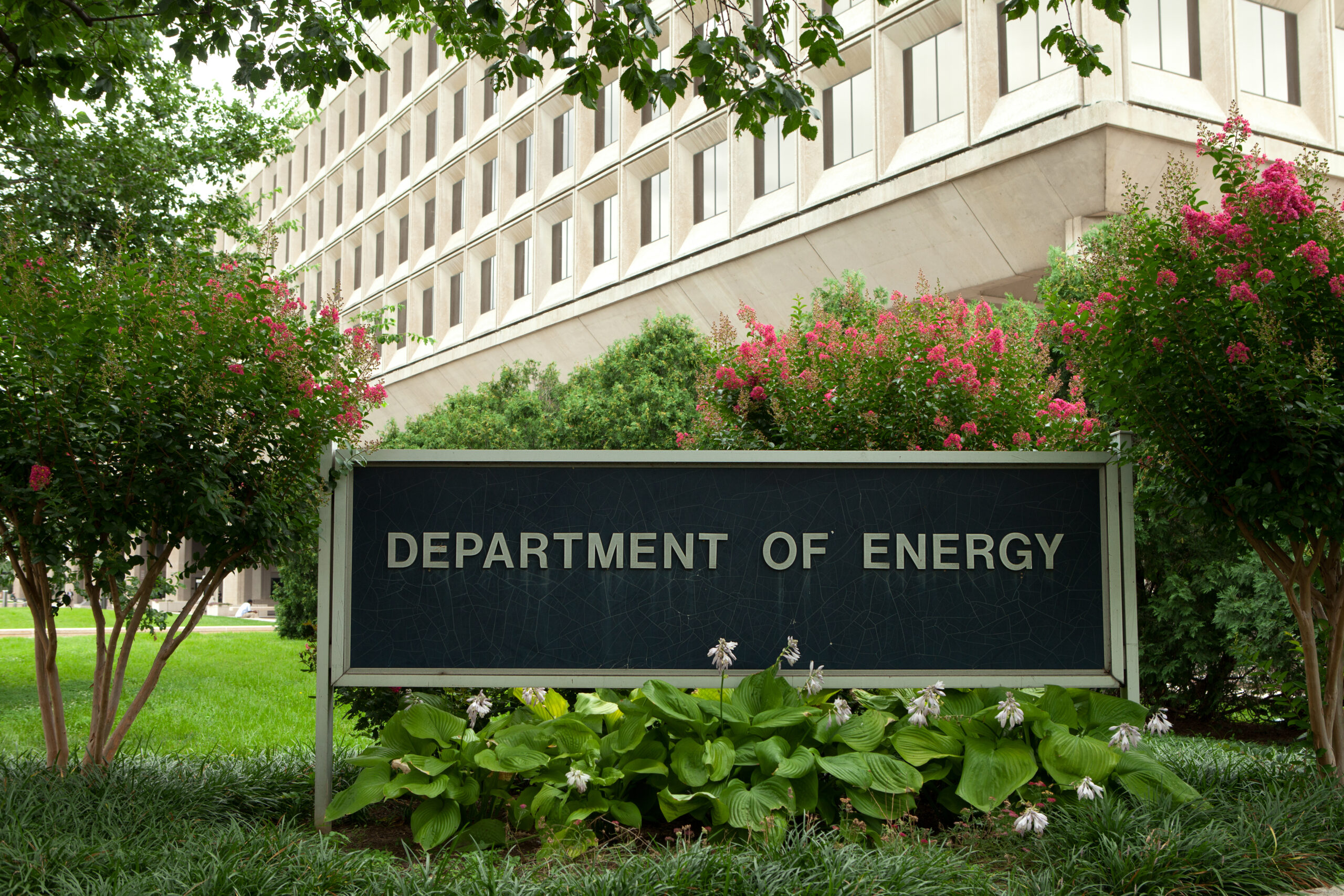Regulations SLASHED – Freedom RESTORED!

Energy Secretary Chris Wright has unveiled a sweeping plan to eliminate 47 energy regulations, promising to save Americans $11 billion while restoring consumer freedom to choose their own appliances.
At a Glance
- The Department of Energy has announced its “largest deregulatory effort in history,” targeting 47 regulations implemented during the Biden administration
- The initiative is expected to save Americans approximately $11 billion and reduce regulatory text by over 125,000 words
- Regulations being cut affect common household appliances including dishwashers, shower heads, faucets, battery chargers, and washing machines
- The deregulatory process was completed in just 110 days, which Wright notes would typically take years
- The action follows President Trump’s Executive Order “Zero-Based Regulation to Unleash American Energy”
Largest Deregulatory Effort in DOE History
The U.S. Department of Energy has launched what it describes as its most substantial deregulatory initiative ever undertaken, proposing to eliminate or reduce 47 regulations across the energy sector. Secretary Chris Wright, who was confirmed earlier this year, announced the sweeping changes as part of the Trump administration’s broader agenda to cut government red tape and promote American energy independence. The initiative specifically targets Biden-era regulations on consumer appliances like ice makers, faucets, dishwashers, and washing machines that Wright claims have increased costs and reduced performance for everyday Americans.
According to the Department of Energy, this massive regulatory rollback will save American consumers and businesses an estimated $11 billion while eliminating more than 125,000 words from the Code of Federal Regulations. The action aligns with President Trump’s executive order titled “Zero-Based Regulation to Unleash American Energy,” which calls for continuous assessment of energy regulations to ensure they serve the public good rather than restrict consumer choice.
Record-Breaking Implementation Speed
One of the most notable aspects of this deregulatory push is the unprecedented speed with which the Department has moved. Wright pointed out that what would normally take years was accomplished in just over 110 days. This accelerated timeline demonstrates the administration’s commitment to quickly delivering on campaign promises to reduce government interference in the energy sector and everyday consumer choices. The initiative covers a broad range of areas including consumer appliance standards, building regulations, energy production rules, and certain DEI requirements for grant recipients.
The specific regulations targeted include energy conservation standards for various appliances that the administration claims were unnecessarily restrictive, along with streamlining administrative procedures across the department. The initiative also withdraws certain products from regulatory coverage entirely, giving manufacturers more flexibility in design and production while potentially lowering costs for consumers.
Restoring Consumer Choice in Household Appliances
Secretary Wright has emphasized that the regulations being eliminated were primarily designed to support what he calls “Green New Deal fantasies” rather than practical energy efficiency. The deregulatory effort specifically targets restrictions on common household appliances that many conservatives have long criticized as examples of government overreach. Wright highlighted how these regulations affect everyday life, mentioning that his wife simply wants “a real shower” for Mother’s Day – a reference to federal restrictions on shower head water flow that have been a particular point of frustration.
The deregulatory initiative represents a significant shift from Wright’s initial statements during his confirmation hearings, where he expressed some support for renewable energy. Since taking office, he has more explicitly embraced fossil fuels while criticizing renewable sources like wind and solar as costly and ineffective for meeting America’s energy needs. This stance aligns with the broader Trump administration policy that seeks to redefine carbon dioxide’s status as a climate pollutant and roll back climate-related regulations.
Energy Philosophy and Market Freedom
Wright’s approach to energy policy reflects his fundamental belief that hydrocarbon fuels remain essential to American prosperity and global development. As the founder of Liberty Energy before joining the administration, he has consistently advocated for fossil fuels while acknowledging climate change concerns but emphasizing what he calls a “climate realist” position. This stance frames energy policy not just as an environmental or economic issue but as fundamentally connected to freedom and American values.
The DOE has indicated that this major deregulatory push represents just the first phase of a comprehensive effort to review and eliminate burdensome regulations across the department. As implementation proceeds, consumers can expect to see changes in product availability and potentially lower prices as manufacturers adapt to the new regulatory environment. For supporters of the administration, the initiative delivers on promises to reduce government intervention in the energy sector and restore consumer freedom of choice.
























